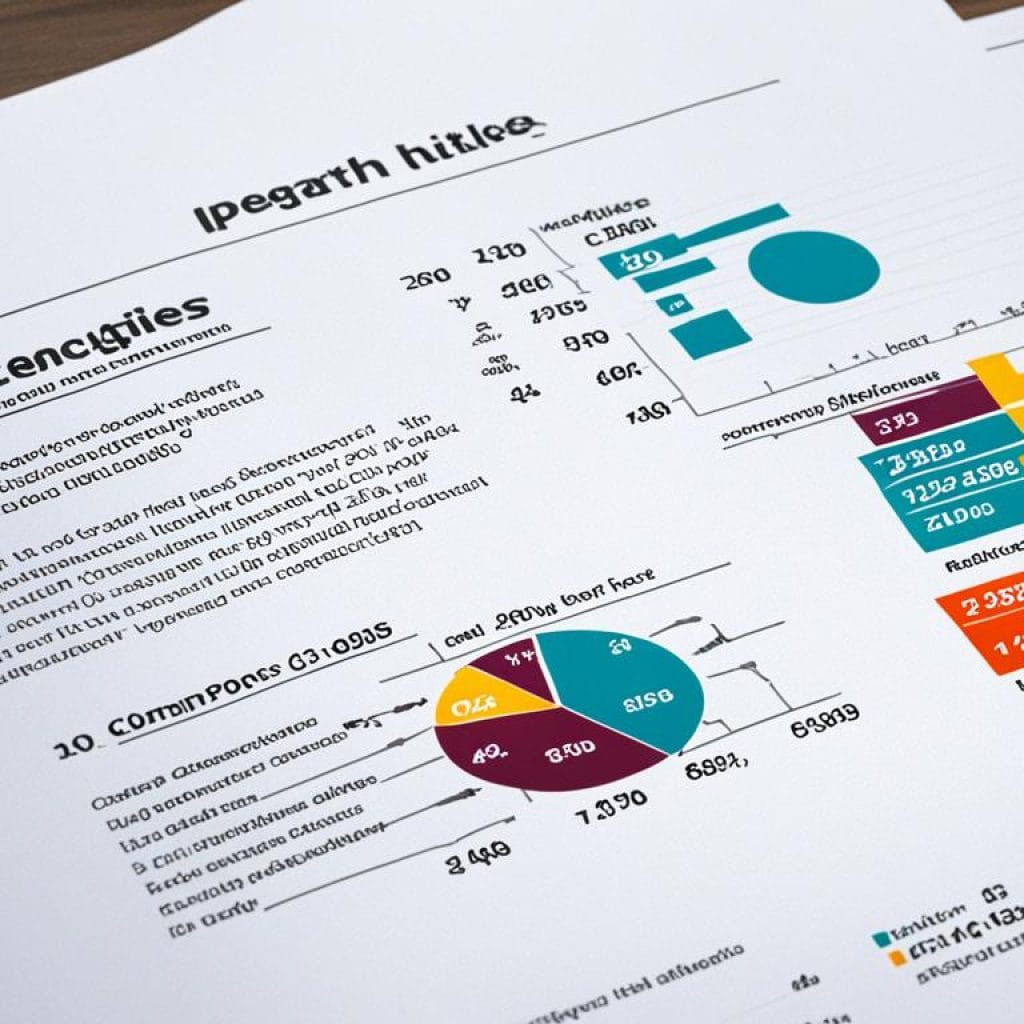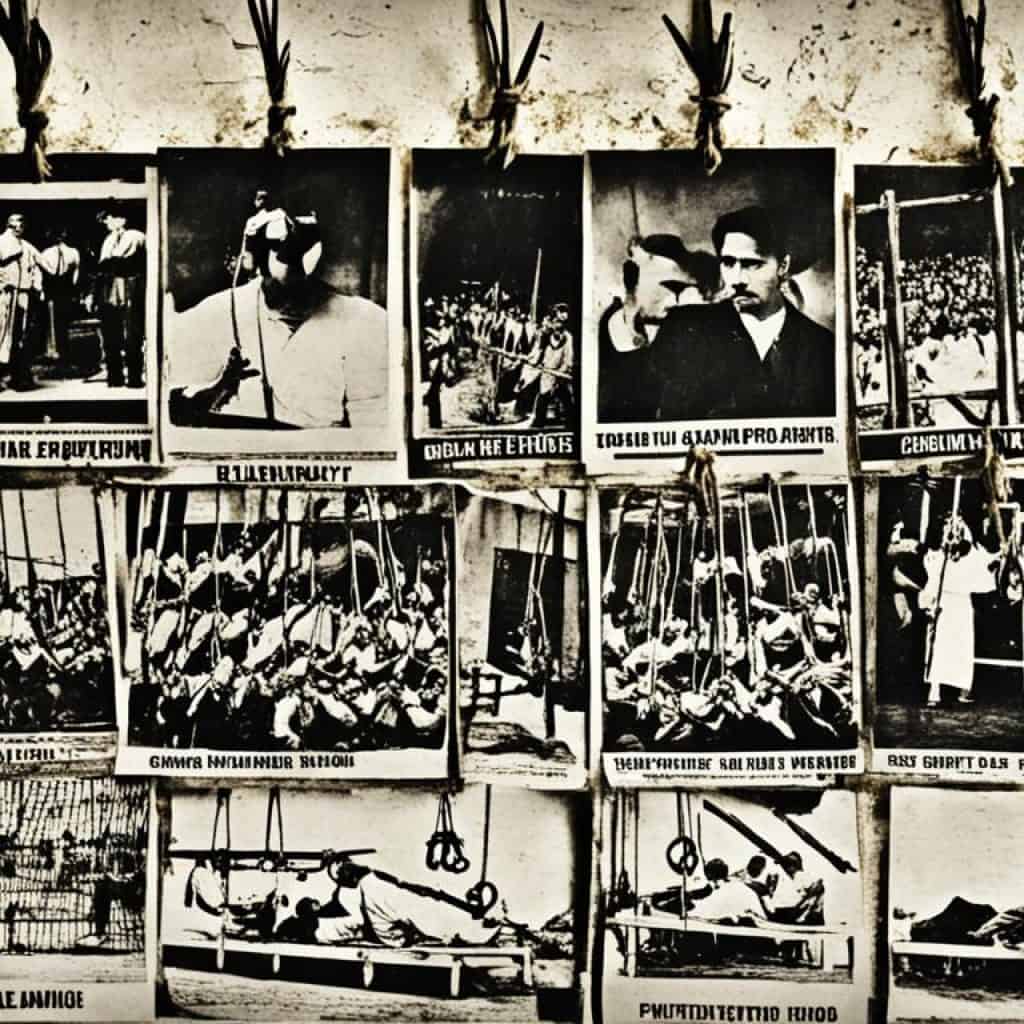Is the death penalty truly an effective deterrent to crime? And what are the ramifications of its application in the Philippines? Join us as we delve into the controversial topic of capital punishment in the Philippines, examining its history, legal implications, and impact on human rights.
The Philippines made history in 1987 when it became the first Asian country in modern times to abolish the death penalty for all crimes. However, in 1993, it was reintroduced for “heinous” crimes due to public fear and frustration at increasing rates of violent crime. Today, there are more than 400 people on Death Row in the Philippines, making it one of the countries with the highest sentencing rates in the world.
Key Takeaways:
- The death penalty was abolished in the Philippines in 1987 but reintroduced in 1993 for “heinous” crimes.
- The country has one of the highest sentencing rates in the world, with over 400 people on Death Row.
- Arguments against the death penalty include doubts about its deterrent effect and concerns about fairness in trials.
- Studies have shown that the death penalty does not act as a greater deterrent to crime compared to other forms of punishment.
- The international community opposes the death penalty, and the Philippines risks violating its human rights obligations if it reinstates it.
The Legal and Human Rights Context
In 1987, the Philippines promulgated a Constitution with a Bill of Rights, solidifying its commitment to upholding human rights. This important document established an independent Commission on Human Rights and affirmed the country’s dedication to international human rights norms by acceding to major human rights treaties.
However, the reintroduction of the death penalty in the Philippines raises significant concerns regarding human rights violations. The right to life and the prohibition of cruel, inhuman, and degrading treatment or punishment are fundamental human rights principles that must be protected.
There have been troubling allegations of torture and ill-treatment used to extract confessions, which not only violates human rights but also poses a grave risk of judicial error. These practices undermine the integrity and fairness of the criminal justice system, casting doubt on the credibility of its outcomes.
Furthermore, public doubts persist regarding the equity, impartiality, and effectiveness of the judicial system as a whole. Disparities in access to justice and the unequal treatment of individuals based on their socio-economic status undermine the principles of equality and fairness under the law.
In upholding human rights in the Philippines, it is crucial to critically assess the impact of the death penalty on both the constitutional framework and the broader human rights landscape of the country.
Arguments Against the Death Penalty
Opponents of the death penalty in the Philippines present compelling arguments that challenge its efficacy and fairness in the criminal justice system. These arguments shed light on the flaws and potential injustices associated with capital punishment.
1. Lack of Deterrence
One of the key arguments against the death penalty is that it does not act as a greater deterrent to crime compared to other forms of punishment. Research has shown that the threat of execution does not significantly reduce crime rates. Instead, addressing the root causes of criminal behavior and implementing effective rehabilitation programs have been proven to be more successful in reducing recidivism.
2. Risk of Wrongful Convictions
Another critical concern with the death penalty is the inherent risk of miscarriages of justice. No criminal justice system is immune from errors, and wrongful convictions can and do occur. Once a person is executed, there is no opportunity for exoneration if new evidence or factual errors come to light. This irrevocability magnifies the importance of ensuring fair trials and avoiding irreversible mistakes.
3. Disproportionate Impact on Disadvantaged Sectors
Advocates against the death penalty argue that it disproportionately affects disadvantaged sectors of society, exacerbating inequality before the law. Studies have shown that individuals from marginalized communities, who often lack access to quality legal representation, are more likely to receive harsher sentences, including the death penalty. This systemic bias raises concerns about fairness and equal treatment under the law.
“The death penalty fails to address the root causes of crime and perpetuates a system that disproportionately impacts vulnerable individuals and communities.” – Human Rights Watch
Promoting alternatives to capital punishment that focus on rehabilitation, reform, and addressing societal inequalities could lead to a more just and equitable criminal justice system.
| Anti-Death Penalty Arguments | Key Points |
|---|---|
| Lack of Deterrence | The death penalty is not proven to be a greater deterrent to crime compared to other punishments. |
| Risk of Wrongful Convictions | No criminal justice system is immune from errors, and executing innocent individuals is a severe injustice. |
| Disproportionate Impact | The death penalty disproportionately affects disadvantaged sectors, contributing to inequality before the law. |
These arguments challenge the effectiveness, fairness, and justice of the death penalty in the Philippines. Considering these concerns is crucial in promoting a criminal justice system that upholds human rights, equality, and the pursuit of genuine justice.
Impact on Crime Levels
Contrary to popular belief, the death penalty does not have a significant impact on reducing crime levels or enhancing the security of law-abiding citizens. Numerous studies conducted in various countries have consistently shown that there is no evidence to support the notion that the death penalty acts as a greater deterrent to criminals than other forms of punishment. Instead, several underlying factors contribute to the root causes of criminal behavior.
The Real Factors Fueling Criminality
Factors such as poverty, social inequality, unemployment, and the weakening of social control methods play a much larger role in fueling criminality. Socioeconomic disparities and lack of access to basic needs often lead individuals towards criminal activities. Addressing these fundamental issues and implementing effective social and economic policies can have a more significant impact on crime reduction and the overall well-being of society.
“The death penalty doesn’t solve the issues of crime; it merely masks the underlying societal problems that need to be addressed.”
– Dr. Maria Santos, Criminologist
Statistics on Death Penalty and Crime Rates
Let’s examine the statistics on death penalty implementation and crime rates in several countries:
| Country | Death Penalty Status | Crime Rates |
|---|---|---|
| Country A | Abolished | Low |
| Country B | Retained | High |
| Country C | Abolished | Moderate |
| Country D | Retained | Low |
As seen in the table above, the data does not support the argument that the death penalty leads to lower crime rates. In fact, countries with abolished death penalty have shown low to moderate crime rates, while countries that retain the death penalty exhibit varying levels of crime rates.
The statistics clearly indicate that the death penalty is not a reliable tool for crime prevention. To ensure a safer society, it is crucial to address the root causes of crime and implement comprehensive social and economic reforms that uplift communities and provide opportunities for all individuals.

Concerns about Fair Trials
The rapid rate of death sentences in the Philippines is taking place within a context of public doubts over the equity, impartiality, and effectiveness of the judicial system. There is a perception that those with influence or wealth can enjoy impunity, while those from disadvantaged sectors of society face disadvantage in the criminal justice system. Safeguards to ensure fair trials, including the right to competent legal counsel, are not consistently upheld.
Historical Use of the Death Penalty
The history of the death penalty in the Philippines is a complex and evolving one. Capital punishment has been a part of the country’s criminal justice system during different periods of its history.
Under Spanish rule, the Spanish Codigo Penal of 1848, which was introduced in the Philippines in 1884, included several capital offenses such as treason, piracy, and murder. During this time, the death penalty was carried out through methods such as firing squad and garrote.
Following the introduction of internal self-government in 1934 and full independence in 1946, there were changes in the application of the death penalty. The newly established Philippine government sought to reform the criminal justice system, and discussions on the abolition of the death penalty emerged.
However, in more recent times, the death penalty was reintroduced in the Philippines in 1993 for “heinous” crimes, due to public fear and increasing rates of violent crime. Today, the country grapples with a high number of individuals on Death Row and ongoing debates on the efficacy and ethics of capital punishment.

International Human Rights Obligations
The Philippines ratified the Second Optional Protocol to the International Covenant on Civil and Political Rights in 2007, which requires countries to abolish the death penalty. Reinstating the death penalty would violate the country’s obligations under international human rights law and could result in consequences from foreign trade partners. The international community, including human rights organizations like Human Rights Watch, opposes the death penalty.
Current Situation and Government Stance
The Duterte administration in the Philippines has publicly supported the reinstatement of the death penalty. This stance aligns with President Rodrigo Duterte’s tough-on-crime approach, particularly in addressing drug offenses. Currently, the House Committee on Justice is deliberating on bills that propose the reintroduction of capital punishment, specifically through lethal injection.
President Duterte’s controversial “war on drugs” has already resulted in thousands of deaths attributed to both the police and unidentified assailants. With the government’s overwhelming majority in Congress, it is likely that the death penalty bills will gain support and further progress in the legislative process.
“We need to bring back the death penalty to instill fear, to deter, to prevent crime,” President Duterte said during his 2020 State of the Nation Address.
The government’s position on the death penalty reflects its determination to tackle crime effectively and send a strong message about the consequences of engaging in illegal activities. However, this stance has drawn criticism and concerns from human rights advocates, who argue that capital punishment can lead to violations of the right to life and may exacerbate issues of judicial fairness and errors.
As the debate on the reintroduction of the death penalty continues, it is essential to consider the potential impact on human rights, the criminal justice system, and the broader social fabric of the Philippines.

Risks and Impact on Human Rights
Reimposing the death penalty in the Philippines would worsen the human rights situation and lead to further violations. It would perpetuate the government’s “war on drugs” and increase bloodshed. The rights-violating abyss that the country would descend into cannot be overstated.
“The death penalty contradicts the right to life and the prohibition of cruel, inhuman, and degrading treatment or punishment. It puts at risk the fundamental principles of justice and fairness,”
Reinstating capital punishment would undermine the Philippines’ credibility and leverage to negotiate on behalf of its citizens facing execution abroad. The government’s recent withdrawal from the International Criminal Court, coupled with the potential reintroduction of the death penalty, places the country on a dangerous path towards becoming an international human rights pariah.
Conclusion
The death penalty in the Philippines is a complex issue that raises serious questions about human rights and the fairness of the judicial system. Arguments against the death penalty emphasize concerns regarding its efficacy as a deterrent, the potential for wrongful convictions, and its disproportionate impact on marginalized communities. Furthermore, reintroducing the death penalty would violate the country’s international human rights obligations.
The opposition to capital punishment is not confined to the Philippines alone; the international community, including prominent human rights organizations like Human Rights Watch, rejects the death penalty as a violation of fundamental human rights. Restoring the death penalty would not only damage the Philippines’ standing in the global community but also hinder its ability to advocate for its citizens facing execution abroad.
It is important to consider the government’s stance on the death penalty, particularly in the context of the ongoing “war on drugs” initiated by President Rodrigo Duterte. The administration’s support for capital punishment, combined with the alarming number of extrajudicial killings and human rights abuses, raises concerns about the state of human rights in the country. Reimposing the death penalty would exacerbate these issues and further undermine the Philippines’ credibility as a protector of human rights.
In conclusion, the death penalty in the Philippines should be critically examined in light of its potential ramifications for human rights and the judicial system. The arguments against capital punishment, the opposition from the international community, and the questionable human rights situation within the country all contribute to the conclusion that reinstating the death penalty would be a regressive step that contradicts the principles of justice and human rights.


















Add comment